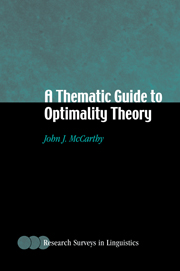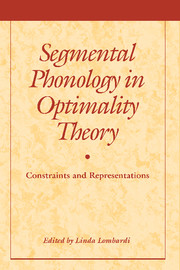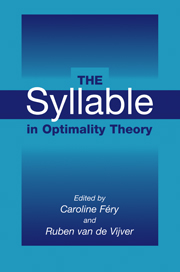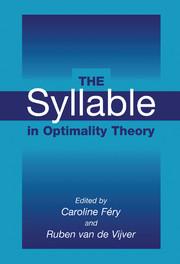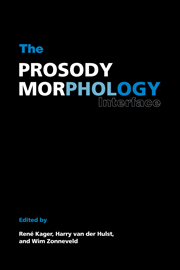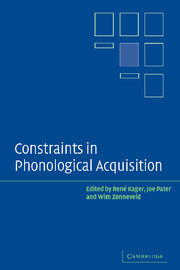Optimality Theory
This is an introduction to Optimality Theory, whose central idea is that surface forms of language reflect resolutions of conflicts between competing constraints. A surface form is 'optimal' if it incurs the least serious violations of a set of constraints, taking into account their hierarchical ranking. Languages differ in the ranking of constraints; and any violations must be minimal. The book does not limit its empirical scope to phonological phenomena, but also contains chapters on the learnability of OT grammars; OT's implications for syntax; and other issues such as opacity. It also reviews in detail a selection of the considerable research output which OT has already produced. Exercises accompany chapters 1-7, and there are sections on further reading. Optimality Theory will be welcomed by any linguist with a basic knowledge of derivational Generative Phonology.
- First ever textbook on major new area of phonology, Optimality Theory
- Book has been tested on students at Stanford and in Europe
- Author well connected, and contacts likely to use the book with their students
Product details
No date availableHardback
9780521580199
468 pages
229 × 152 × 25 mm
0.79kg
17 exercises
Table of Contents
- Preface
- 1. Conflicts in grammars
- 2. The typology of structural changes
- 3. Syllable structure and economy
- 4. Metrical structure and parallelism
- 5. Correspondence in reduplication
- 6. Output-to-output correspondence
- 7. Learning OT grammars
- 8. Extensions to syntax
- 9. Residual issues
- References
- Index of languages
- Index of subjects
- Index of constraints.


